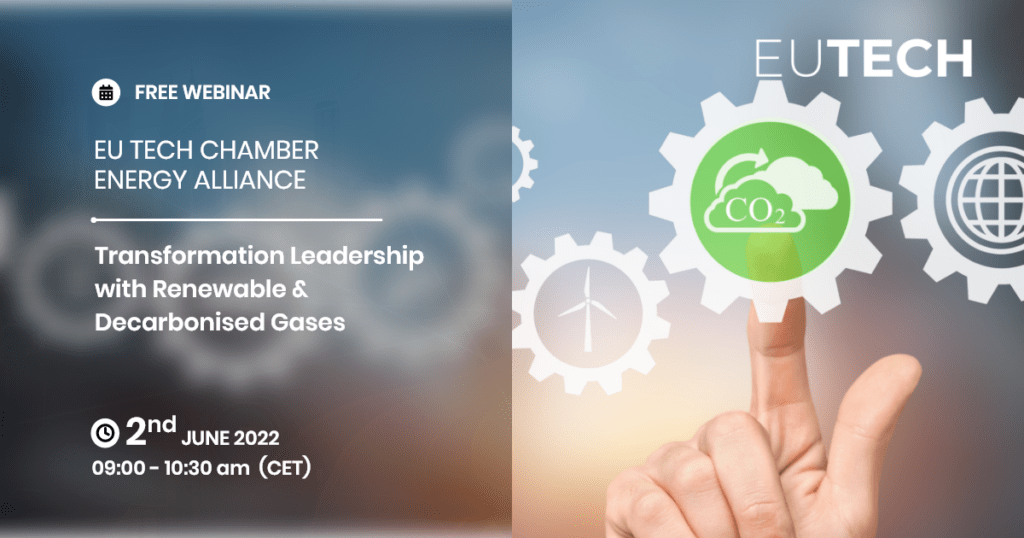Copyright 2024 © All Rights Reserved. Design by Tech.Forum Networking Platform



In the context of structural crises, political risks and environmental requirements, the EU countries are intensively increasing their transformation with the use of renewable and decarbonized gases. The use of biogas, hydrogen, gas mixtures contribute to the concept of the SDGs (3,7,9,11,13) and according to the UNECE forecast will be up to 20% of final energy consumption by 2050. At the same time, it will be necessary to solve such problems as considering the variable nature of gas demand, determining the principles of transportation of new gases, introducing standardized systems for guaranteeing the origin of new gases throughout the ECE market, and the sustainability of Power-to-X technologies.
In the EU the annual production of biogas increases by at least 20%. The primary requirement for the growth of the use of biogas is the technology of its purification from CO2 to transformation into biomethane (up to 95-99%) which meets the standards of natural gas and can be pumped into the gas transmission network. Such methods of purification from CO2 as gas washing through liquid absorbers, freezing, adsorption at low temperatures are common. After removal of CO2 and H2S biogas can be compressed into a liquefied state (LNG) for subsequent energy consumption. The task is also to create biogas plants of various capacities with the presence of automation, heating, homogenization systems to increase the volume of plant raw materials grown for them.
The future of energy resources belongs to hydrogen which is used in chemical enterprises and is envisaged to replace natural gas in high-temperature industrial processes, coke in metallurgy, as a fuel for vehicles and ships, heat in the utility sector, for storing solar and wind energy. An important factor is the use of natural gas transport networks for hydrogen. The EEC has developed a hydrogen support program by introducing hydrogen for it until 2030 – the so-called “normative holidays”. Along with hydrogen obtained from carbon minerals, the technology of renewable “green” hydrogen, produced without CO2 emissions into the atmosphere, is developing by electrolysis from water using renewable energy sources. This method has already been tested on buses considering the unique motor properties of hydrogen and exhaust only with water vapor. According to Bloomberg at the end of 2020 – 4250 hydrogen buses were operated in the world. The IEA predicts that the price of hydrogen by 2030 will fall by at least 30% and this will make motor fuel comparable in price with other fuels.

| Cookie | Duration | Description |
|---|---|---|
| cookielawinfo-checkbox-analytics | 11 months | This cookie is set by GDPR Cookie Consent plugin. The cookie is used to store the user consent for the cookies in the category "Analytics". |
| cookielawinfo-checkbox-functional | 11 months | The cookie is set by GDPR cookie consent to record the user consent for the cookies in the category "Functional". |
| cookielawinfo-checkbox-necessary | 11 months | This cookie is set by GDPR Cookie Consent plugin. The cookies is used to store the user consent for the cookies in the category "Necessary". |
| cookielawinfo-checkbox-others | 11 months | This cookie is set by GDPR Cookie Consent plugin. The cookie is used to store the user consent for the cookies in the category "Other. |
| cookielawinfo-checkbox-performance | 11 months | This cookie is set by GDPR Cookie Consent plugin. The cookie is used to store the user consent for the cookies in the category "Performance". |
| viewed_cookie_policy | 11 months | The cookie is set by the GDPR Cookie Consent plugin and is used to store whether or not user has consented to the use of cookies. It does not store any personal data. |
Some text in the Modal..